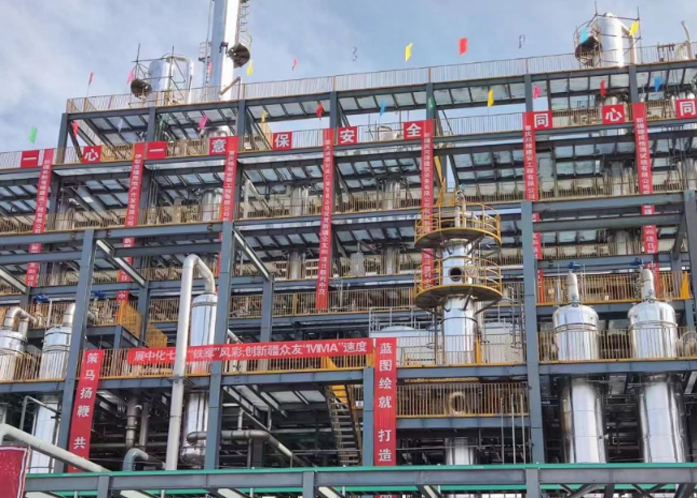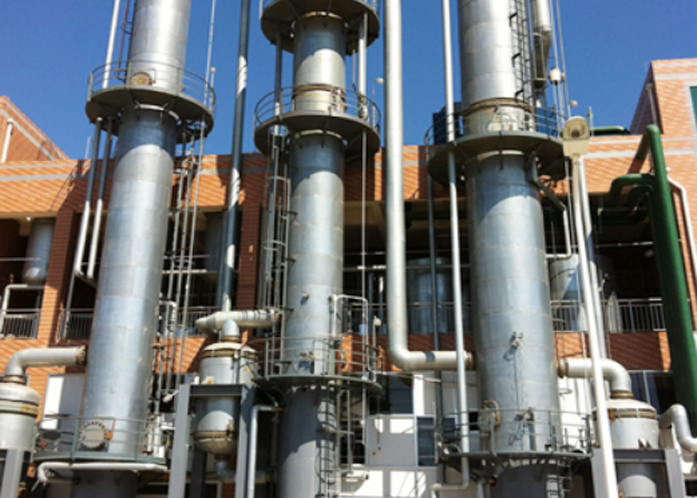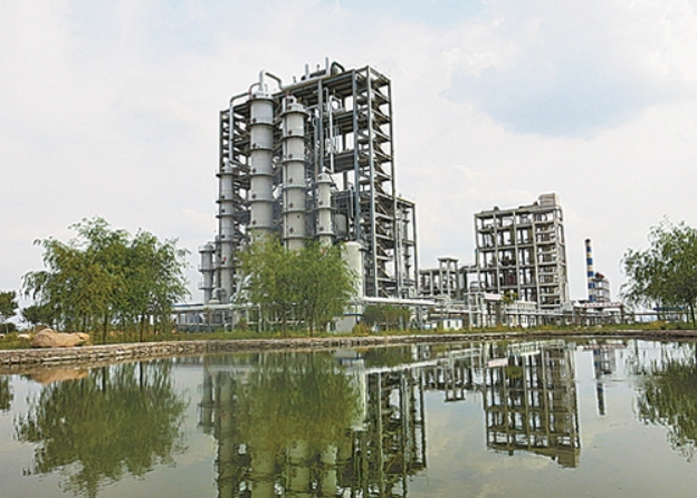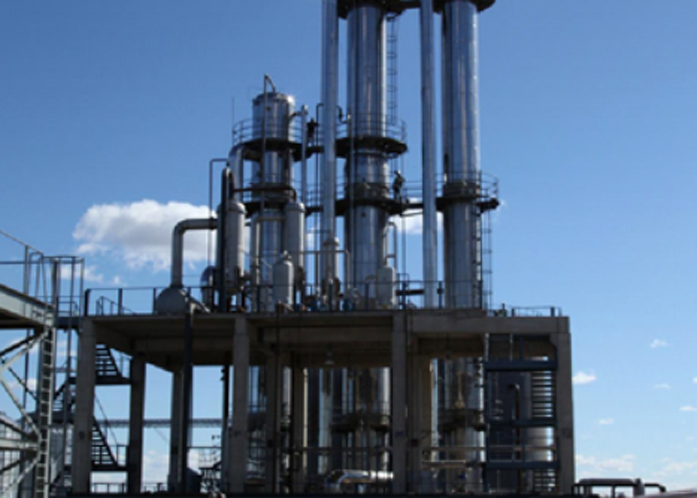- Home
- Proprietary Technology and Plants
- Annual Output of 20000 Tons of High-Quality Methyl Propionate
- Polyoxymethylene Resins (POM)
- Epoxy Resin Plant
- Alumina Fiber
- Methanol Catalytic Reaction for Producing Ethylene and Propylene
- Pyridine
- Acetic Acid Plant
- Formaldehyde Plant
- Methyl Acetate Plant
- Ethyl Acetate Plant
- Sec-butyl Acetate Plant
- Acetate series technology
- Dioxolane Plant
- Phenol Alkylation Plant
- UHMWPE Plant
- Hydrogen Peroxide Plant (Fixed Bed Process)
- Hydrogen Peroxide Plant (Fluidized Bed Process)
- MMA Plant
- MEG Plant
- PPC Plant
- Urea Formaldehyde (UF) Glue Plant
- Formic acid production technology
- ECH production process by glycerin method
- Anhydrous formaldehyde plant
- PODE Plant
- Wastewater treatment by air oxidation
- Distillation Technology and Plant
- Distillation Plant (Distillation Design)
- Air Separation Unit (ASU) Packing
- Structured Packing
- Column Internals
- Crude Phenol Purification Technology
- Crude Aromatic Separation Technology
- Dimethyl Carbonate (DMC) Refining Technology
- Fusel Oil Separation Technology
- Crude methanol refinery technology
- Methylal Refining Technology
- Concentrated Recycling Technology of Formaldehyde
- Chemicals
- Typical Project



















